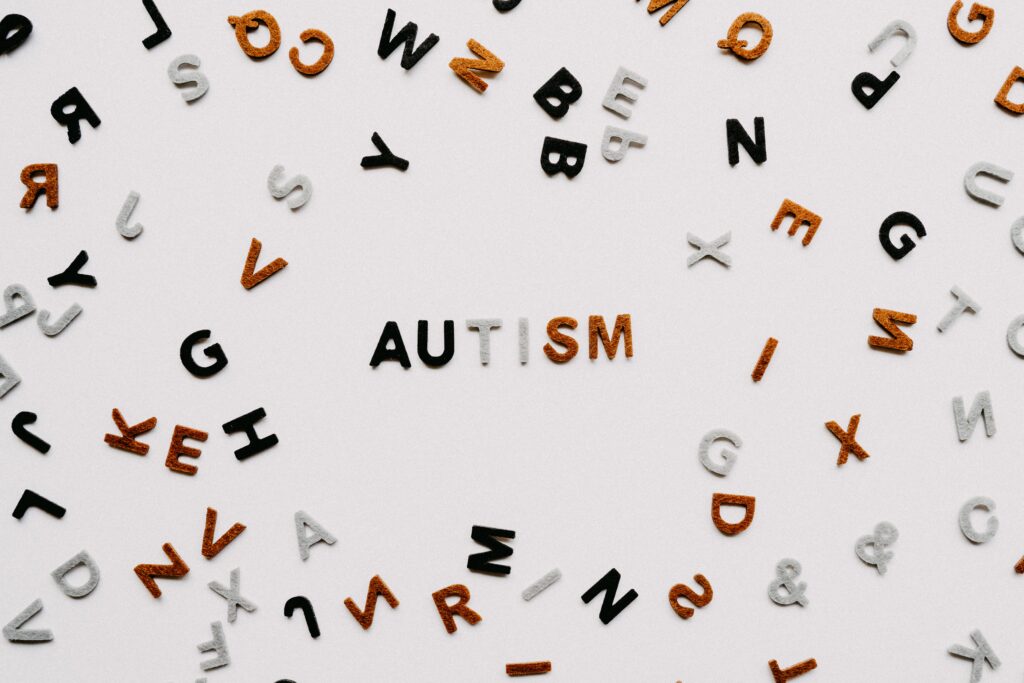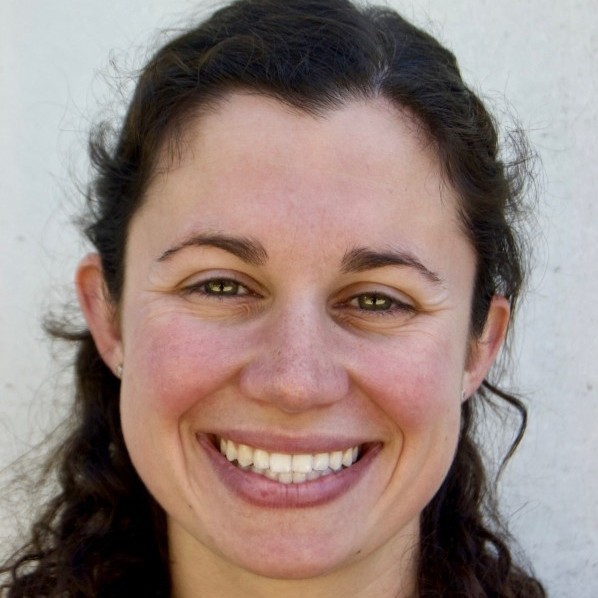Master Thesis Project Fills Gap in Autism Research

By Molly Loughman
As a graduate student in Communication Sciences & Disorders, Kaya LeGrand, MS ’20 spearheaded a research project to help answer one of many questions surrounding Autism Spectrum Disorder (ASD): Which features of autistic children’s language are most useful for their adult language ability?
“What is essential there? Is it the ability to combine words? To use specific types of words? To use social language?” LeGrand asks, through her master’s thesis project. “To our knowledge, we are the first people to have looked into this question.”

Now a speech language pathologist, LeGrand reflects back on her final year at Emerson, a tireless pursuit that ultimately shifted her career trajectory toward research and teaching. “I knew I wanted to do something about language and autism because that was clinically what I was becoming more and more interested in throughout the program,” says LeGrand.
She received inspiration, advice, and research contributions from Associate Professor Rhiannon Luyster and Lisa Wisman Weil, CSD’s senior scholar-in-residence and Undergraduate Program director. The collaborative effort was based out of the Lab for Infant + Toddler Language at Emerson (LI+TLE), where researchers study early language and communication in children. Launched in March 2019, the project came to fruition in June 2021 with the publication of “Identifying Childhood Expressive Language Features That Best Predict Adult Language and Communication Outcome in Individuals with Autism Spectrum Disorder,” co-authored by LeGrand, Luyster, Wisman Weil and UCLA’s Catherine Lord, in the Journal of Speech, Language and Hearing Research.
THE RESEARCH
LeGrand’s project addressed vague findings first reported in the 1950s— that “the presence of useful speech by age five in kids with autism is very important for later language outcomes.”
“We didn’t know what ‘useful speech’ meant; it wasn’t very well defined initially, and then every researcher who replicated that finding either defined it a different way or also kind of left it vague,” says LeGrand.
To clarify the field’s understanding, the team examined a longitudinal data set collected by Lord, who has been studying nearly 200 individuals with autism from age 2, starting in the mid-90s until present day. LeGrand studied hours of footage from a sample of 29 participants, analyzing their noun and verb diversity (the number of different nouns and verbs a child used), the length of spoken sentences, the ability to combine words, and the proportion of speech motivated by social interaction—all to understand which features best predicted adult language.
LeGrand transcribed and coded footage with help from other graduate and undergraduate students. Lord reviewed the final study; Luyster, Wisman-Weil, and LeGrand devised the coding scheme. Wisman-Weil mentored LeGrand on transcribing and language sampling analysis. And as research supervisor, Luyster acted as a sounding board for any of LeGrand’s thesis problems or ideas.
“I really couldn’t have done this without the help of everyone who was involved,” says LeGrand. “ I really respect Lisa and Rhiannon and the whole faculty. I was able to get close to them during the process. They both have done so much amazing research on language and autism, so it’s very cool to learn from them. And it was also very cool to work with Cathy, one of the foremost researchers in the field.”
THE FINDING: LeGrand found that the number of different verbs produced by children with ASD is the best predictor of adult language outcomes, followed by the length of sentences they form.
“It’s hard to draw strong conclusions just from one study. Basically, we think that verbs are important and it’s also important to use a variety of verbs — not just to have a large vocabulary or combine words,” says LeGrand. “You need a verb to make a sentence, so technically, they are very important for overall language outcomes.”
LeGrand’s master thesis was completed in April 2020 and submitted for publication that fall. “I really enjoy organizing data, so this worked out for me. I realized that I much prefer doing research compared to clinical work. It was so helpful to have all the lab community support me throughout the project. It was a nice collaborative experience.”
LeGrand will begin a PhD program at the University of Connecticut this August. She plans to eventually become a professor researching minimally verbal and nonverbal individuals with autism.
“It is a very understudied group. I think it might be challenging to get into given there is not much research done already in that area.”
Categories